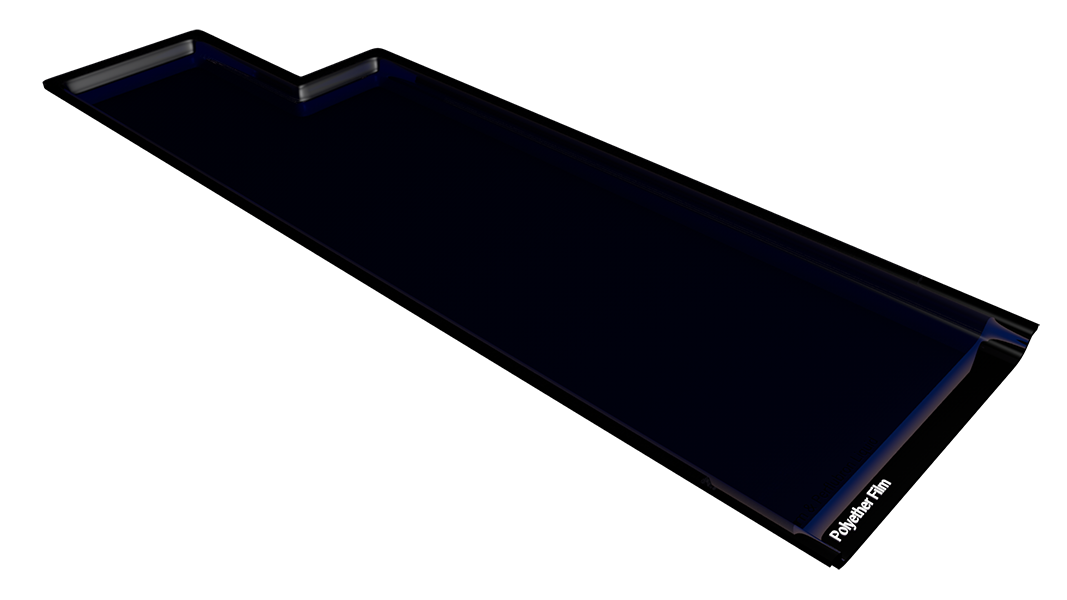What Is A SatPad™?

A SatPad™ is a fat saturation & patient stabilizing medical device used as an MRI accessory to improve overall image contrast & quality.
The device consists of an anatomically conforming polyether pad that contains an image clearing non-protonated perfluorocarbon liquid.
How Does A SatPad™ Work?
The non-protonated perfluorocarbon liquid-filled SatPad™ improves the homogeneity of the local magnetic field vastly improving images.
SatPads™ stabilize the body part being scanned, reducing motion artifacts. The liquid & foam filled SatPads™ also increase patient comfort.
SatPads™ reduce magnetic field distortions caused by sharp-angled anatomies such as the neck, spine, knee, ankle, and breast/chest wall.
Save Time & Money With SatPad™
Sequences Saved
Save 3-6 sequences a day with a SatPad™.
Daily Time Savings
At 10 minutes a sequence, that’s a savings of up to 60 minutes a day.
Hours Per Week
60 minutes per day X 5 days = 5 hours additional exam time per week.
Testimonials

"We are really happy with the pads and they helped us a lot. If I get a chance to start building my own lab, buying Sat Pads will be on top of my list."

"SatPads™ are very consistent with their homogeneity in fat sat with extremities, i.e. foot & knee. Also, the pads have been very useful in our brachial plexus protocol for fat sat in the area from cervical spine through shoulder joint. This product has cleared up many problems that MRI technologist struggle with in our fat sat protocols."

"SatPads™ take a good exam and make it great. The fat suppression we obtain with Sat Pads and our latest generation, 8+ channel coils is flawless. MR imaging is all about contrast resolution, and thus uniform and consistent elimination of fat signal is essential, particularly for musculoskeletal and breast imaging."

"The SatPads™ have proven themselves to be invaluable in previously troublesome areas of fat suppression imaging. They consistently provide homogeneous and uniform fat suppression in our breast imaging and post contrast T1 fat sat thoracic and lumbar spine images. They also help in obtaining better pre-scan shim values on abdominal/pelvic imaging of very thin patients. These pads are most definitely a worthwhile investment into image quality."





